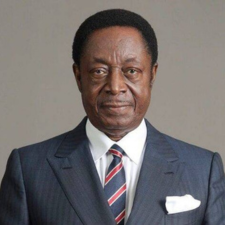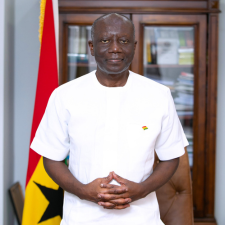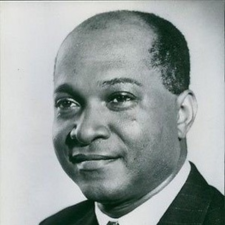
KOMLA AGBELI GBEDEMAH
Tenure: 1954 -1961

FERDINAND KOMLAVI DRA GOKA
Tenure: 1961-1964
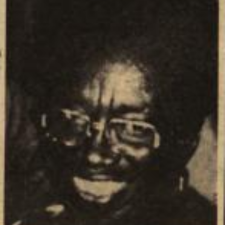
KWESI AMOAKO-ATTA
Tenure: 1964 -1966

Emmanuel Noi Omaboe (OYEEMAN WEREKO AMPEM II)
Tenure: 1966 -1969
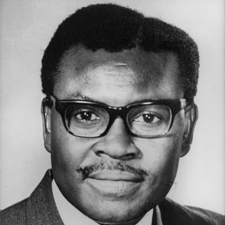
JOSEPH HENRY MENSAH
Tenure: 1969 -1972

ROBERT GARDINER
Tenure: 1975-1978

Dr. J. L. S. Abbey
Tenure: 1978-1979

Dr. Amon Nikoi
Tenure: 1979-1981
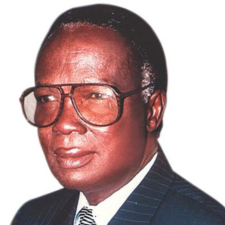
Prof. George Benneh
Tenure: O5/1981-12/1981
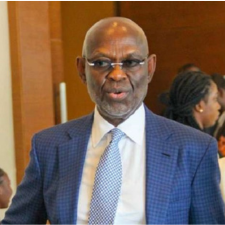
Prof. KWESI BOTCHWEY
Tenure 1982-1995

HON. RICHARD KWAME PEPRAH
Tenure: 1995-2001

HON. YAW OSAFO-MAAFO
Tenure: 2001-2005
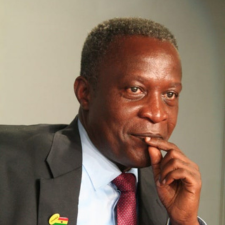
HON. KWADWO BAAH WIREDU
Tenure: 2005-2008

DR. ANTHONY AKOTO OSEI
Tenure: 09/2008- 01/2009
